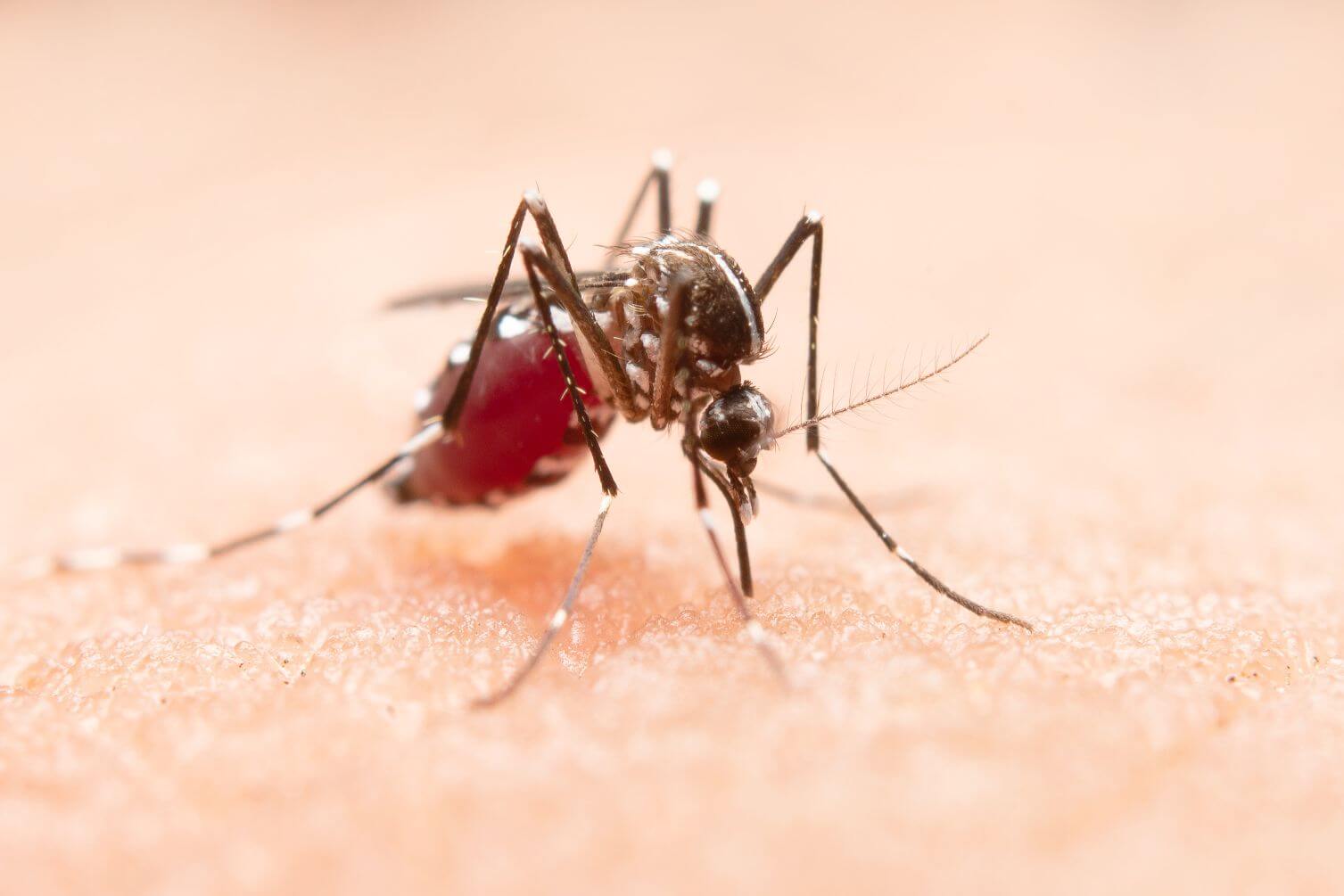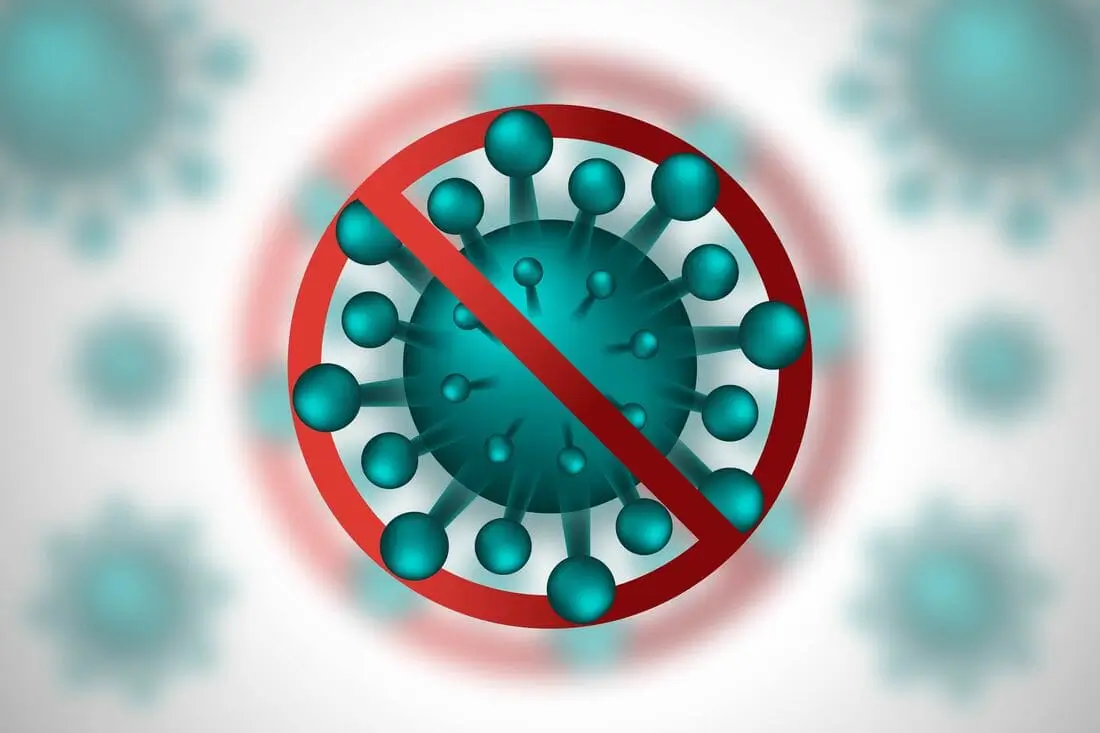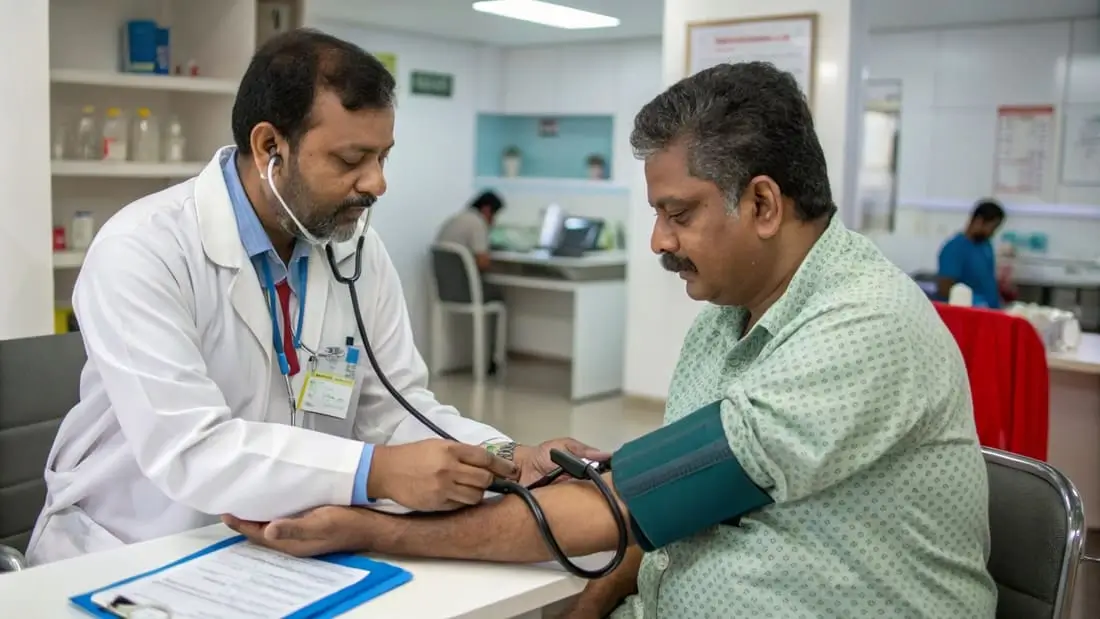- info@abiscans.com
- Coimbatore | Tiruppur | Pollachi | Palladam | Kochi
Chikungunya Symptoms: Early Signs and Effective Response Strategies

Introduction
Chikungunya is the cause of around 300 deaths in India. The death toll rises during the rainy season, and most of the time, not being able to understand the symptoms is the cause. Early detection helps provide timely care and minimize the disease’s impact. Here, you can learn about the symptoms, preventive measures, and more to recover safely from chikungunya.
Table of Contents
ToggleWhat is Chikungunya?
Chikungunya is a disease caused by a virus spread through mosquito bites, especially by the Aedes mosquitoes. It causes fever, joint pain, muscle aches, rash, and tiredness. “Chikungunya” means “bent over,” as joint pain can make it hard to move. It is not life-threatening, but the pain can last for weeks or even months. Protect yourself by avoiding mosquito bites by using nets, wearing long clothes, and keeping your surroundings clean to stop mosquitoes from breeding.
Chikungunya symptoms usually appear 3 to 7 days after a person is bitten by an infected mosquito. These symptoms can range from mild to severe. Knowing these signs can help you take quick action and stay safe.
- A sudden high fever that can go above 102°F (39°C).
- The fever usually lasts 2 to 3 days.
- Pain in the joints of the hands, wrists, ankles, and feet.
- The pain can be very strong and last for weeks or months.
- Pain in the muscles that makes moving difficult.
- A continuous headache, which can feel like a dull or strong pain.
- Extreme tiredness, even after the fever and pain get better.
- Red bumps on the skin that can itch.
- The rash may appear on the body, arms, legs, or face.
- Nausea or feeling like vomiting.
- Redness in the eyes (conjunctivitis).
- Swollen glands in the neck or other areas.
In rare cases, chikungunya can cause severe problems like brain swelling (encephalitis) or nerve damage (Guillain-Barré syndrome).
If you notice these symptoms, visit a doctor immediately to confirm the diagnosis and start treatment. Early care can help you recover faster and prevent complications.
How to Respond to Chikungunya?
There is no specific medicine to cure chikungunya, but managing the symptoms properly can help you feel better and recover faster. Follow these simple steps to respond to chikungunya:
Seek Medical Attention:
- If you have high fever, joint pain, and extreme tiredness, see a doctor immediately.
- A blood test will confirm if you have chikungunya and rule out other illnesses like dengue or Zika.
Manage Your Symptoms:
- For Fever and Pain Relief: Take paracetamol or acetaminophen to reduce fever and ease joint pain. Avoid painkillers like aspirin until your doctor rules out dengue, as these can cause bleeding.
- Stay Hydrated: Drink lots of water, coconut water, or juices to prevent dehydration caused by fever or vomiting.
- Get Plenty of Rest: Rest is very important for recovery. Avoid physical activities and let your body heal.
- Cold Compresses: If your joints are swollen or painful, apply a cold pack to reduce swelling and provide relief.
Long-Term Monitoring:
- Sometimes, joint pain can last for several weeks or months.
- If the pain doesn’t go away, visit your doctor for follow-up care. They may suggest additional treatments to help you feel better.
By following these steps, you can manage chikungunya symptoms effectively and recover faster. Taking proper care of your health and listening to your doctor’s advice are key to overcoming this illness.
How to Prevent Chikungunya?
Prevention is the most effective way to protect yourself from chikungunya, as there is no vaccine available for the disease.
Avoid Mosquito Bites
- Use Insect Repellent: Apply repellents containing DEET, picaridin, or oil of lemon eucalyptus to exposed skin.
- Protective Clothing: Wear long-sleeved shirts, long pants, and closed shoes, especially in mosquito-prone areas.
- Mosquito Nets: Sleep under insecticide-treated nets, particularly in areas with poor mosquito control.
Eliminate Mosquito Breeding Sites
- Remove standing water from containers, tyres, and pots around your home.
- Clean and cover water storage tanks.
- Use larvicides in water sources that cannot be drained.
Work as a Community
Organize mosquito control efforts in your neighbourhood to reduce the overall mosquito population.
What are the Steps to Recover from Chikungunya?
Recovery from chikungunya can take weeks or even months, especially if joint pain continues for a long time. However, following the right steps can help you recover fully and regain your strength. Here are some simple steps to follow:
Rest and Hydration
- Get plenty of rest: Your body needs time to heal, so make sure you rest and avoid physical activity.
- Stay hydrated: Drink a lot of water, coconut water, or electrolyte solutions to keep your body hydrated. Hydration helps with recovery and keeps your energy levels up.
Manage Pain and Swelling
- Take pain medication: Use medicines prescribed by your doctor to help relieve pain and reduce swelling. Paracetamol (acetaminophen) is often recommended.
- Cold compresses and warm baths: Apply cold packs to painful joints or take warm baths to ease joint discomfort. This can make you feel better and help reduce inflammation.
Physiotherapy
- Gentle exercises: If you still feel pain in your joints, gentle exercises and physiotherapy can help. They improve movement and reduce stiffness.
- Work with a professional: A physiotherapist can guide you on exercises that will improve joint flexibility and reduce pain over time.
Balanced Diet
- Eat healthy foods: To help your body recover, eat a healthy diet with fruits, vegetables, lean proteins, and whole grains. These foods will help your body heal faster.
- Anti-inflammatory foods: Include foods like turmeric and ginger in your diet. They have natural properties that help reduce swelling and joint pain.
Emotional Support
- Coping with pain: If the pain and fatigue last a long time, it can be difficult. Talk to family, friends, or a counsellor for emotional support. It is important to have people who care and can help you feel better mentally.
You can recover from chikungunya and improve your overall health by following these steps. Stay patient and take care of your body.
Conclusion
Chikungunya is a challenging illness, but understanding its symptoms and responding promptly can help manage its impact effectively. Recognizing early signs such as high fever and severe joint pain, coupled with preventive measures like mosquito control, can significantly reduce the risk of infection.
Recovery might take time, especially for individuals experiencing chronic symptoms. However, with proper care, most patients recover fully and regain their quality of life. Staying informed and proactive is the key to protecting yourself and your community from chikungun.
Recent Posts
Keep Your Haemoglobin Levels in Check
Exploring the Types of Blood Sugar Tests for Diabetes
November 3, 2025
H3N2 Virus (Influenza A): Symptoms, Diagnosis, Treatment and Spread
October 8, 2025
Have Any Questions?
There is no Better Time than Now, Feel Free to contact us Today.
Categories
Exploring the Types of Blood Sugar Tests for Diabetes
Exploring the Types of Blood Sugar Tests for Diabetes Summary:Blood sugar testing is
H3N2 Virus (Influenza A): Symptoms, Diagnosis, Treatment and Spread
H3N2 Virus (Influenza A): Symptoms, Diagnosis, Treatment and Spread SummaryThe H3N2 virus, a
Importance of Regular Health Check-Ups for Healthy Life
Importance of Regular Health Check-Ups for Healthy Life SummaryRegular health checkups are vital




